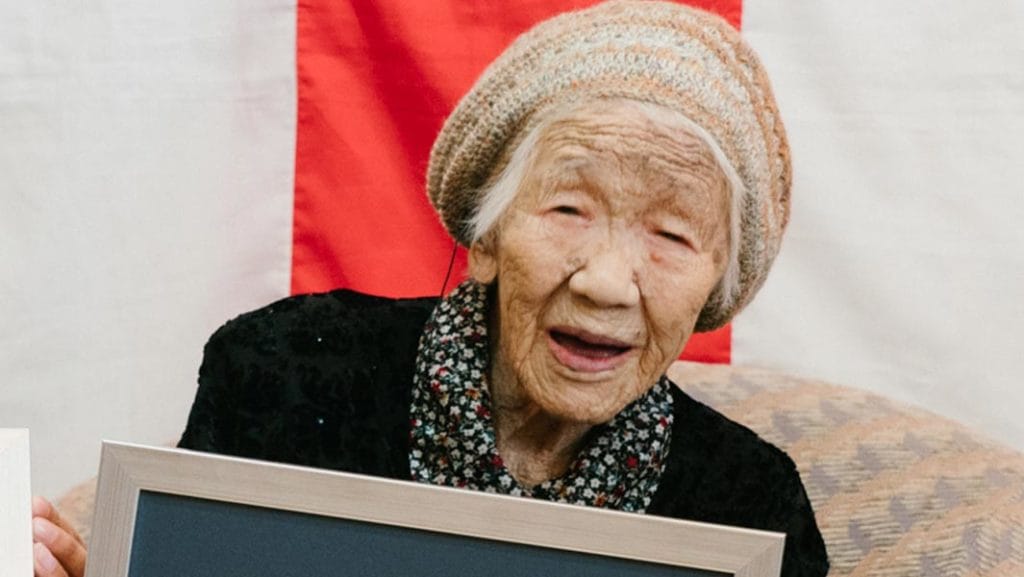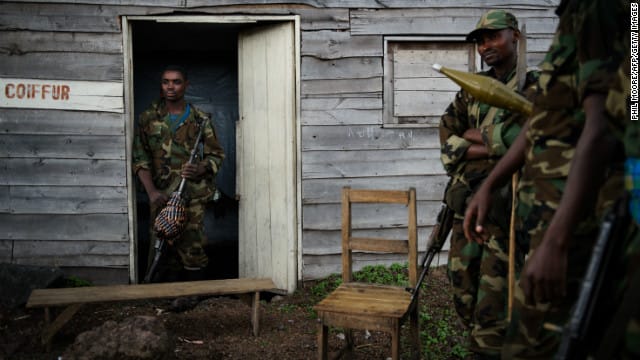The political landscape in South Korea is on the brink of a dramatic transformation as President Yoon Suk-yeol faces an impending impeachment trial that could culminate in his arrest. This situation has emerged from a series of controversies and allegations that have plagued Yoon’s administration since he took office. The trial is expected to draw significant attention both domestically and internationally, as it not only concerns the fate of the president but also the broader implications for South Korea’s political stability.
Yoon’s presidency has been marked by a series of challenges, including economic difficulties, public dissatisfaction, and a polarized political environment. The allegations leading to the impeachment proceedings include accusations of abuse of power, corruption, and failure to uphold the constitution. These charges have sparked widespread protests and calls for accountability from various segments of the population, reflecting a growing frustration with the current administration.
The impeachment trial is set to take place in the National Assembly, where lawmakers will deliberate on the charges against Yoon. The process is expected to be contentious, with both supporters and opponents of the president mobilizing to influence the outcome. Yoon’s political party, the People Power Party, has expressed its intention to defend him vigorously, arguing that the impeachment is politically motivated and undermines the democratic process.
As the trial approaches, the atmosphere in South Korea is charged with tension. Public opinion polls indicate a divided electorate, with many citizens expressing dissatisfaction with Yoon’s leadership while others remain loyal to him. This division is likely to play a crucial role in the proceedings, as lawmakers weigh the potential consequences of their decisions on their political futures.
In addition to the impeachment trial, there are concerns about the possibility of Yoon’s arrest. If the National Assembly votes to impeach him, the Constitutional Court will then review the case. Should the court uphold the impeachment, Yoon could face legal repercussions, including arrest, depending on the severity of the charges. This scenario raises questions about the rule of law in South Korea and the potential for political instability in the wake of such a significant event.
The international community is closely monitoring the situation, as South Korea plays a vital role in regional security and economic stability. The outcome of the impeachment trial could have far-reaching implications for South Korea’s foreign relations, particularly with neighboring countries such as North Korea and China, as well as with the United States. Analysts are concerned that a prolonged political crisis could distract the government from addressing pressing issues, including economic recovery and national security.
In the lead-up to the trial, Yoon has maintained a defiant stance, asserting his innocence and vowing to fight the charges against him. He has called for unity among the South Korean people, urging them to focus on the nation’s challenges rather than political infighting. However, his calls for unity have been met with skepticism by many, who view the impeachment proceedings as a necessary step toward accountability.
The political crisis has also reignited discussions about the state of democracy in South Korea. Critics argue that the impeachment process is a reflection of the deep-seated issues within the political system, including corruption and a lack of transparency. Supporters of the impeachment contend that it is a vital mechanism for ensuring that elected officials are held accountable for their actions.
As the trial date approaches, the stakes are high for both Yoon and the South Korean political landscape. The outcome will not only determine Yoon’s fate but also set a precedent for future administrations. The potential for a significant shift in power dynamics within the government looms large, as various factions vie for influence in a rapidly changing political environment.
In conclusion, the impending impeachment trial of President Yoon Suk-yeol represents a critical juncture for South Korea. As the nation grapples with the implications of this political crisis, the eyes of the world will be watching closely. The trial will not only test the resilience of South Korea’s democratic institutions but also shape the future of governance in the country for years to come.



